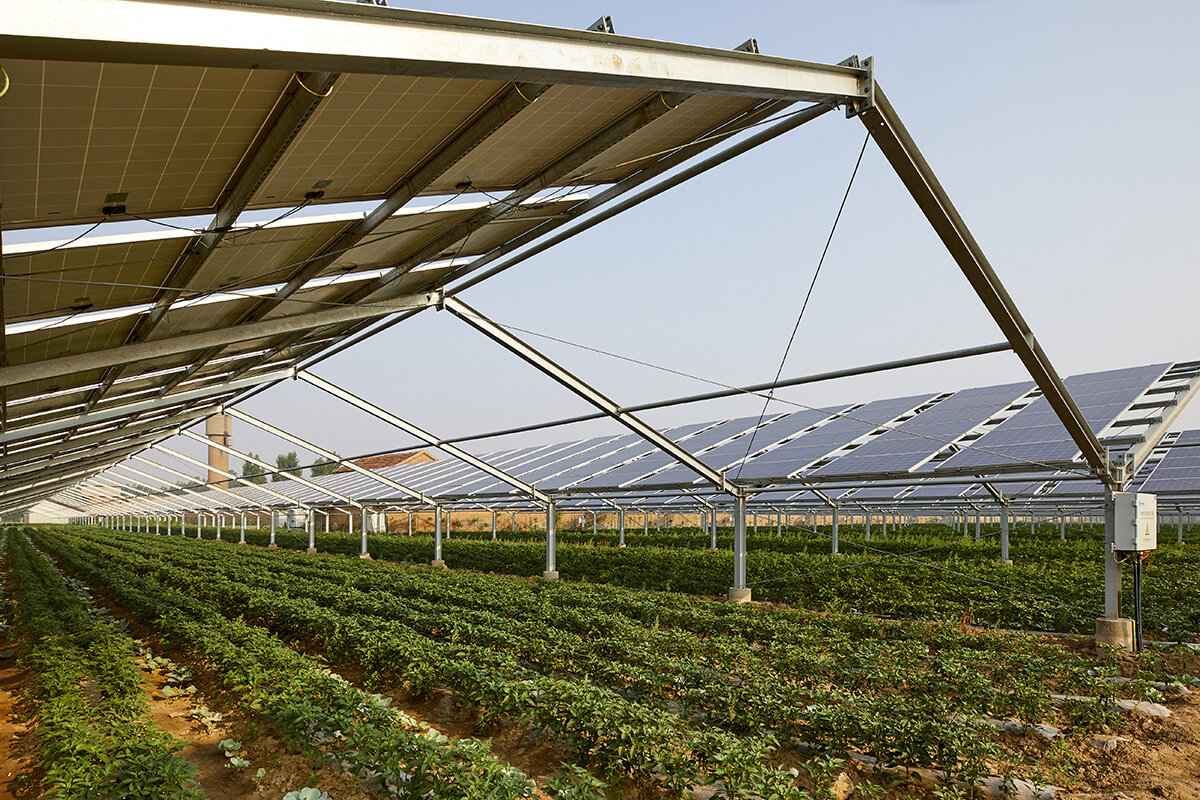04-11-2020
After a long period of preparation, on 20 May 2020 the EU published probably the two most important documents of the next few years: the Biodiversity Strategy and the Farm to Fork Strategy. The fact that the two documents were published at the same time shows clear commitment by the European Commission to preserve biodiversity. What is even more remarkable is that solar parks will have a key role in the process.
The EU emphasizes in the documents that solar parks provide favourable soil conditions that is clearly conducive to the conservation of biodiversity for 20-40 years, simply by protecting the area from harmful human impacts – from chemicals and fertilizers associated with intensive agricultural production.
“Plenty of international research proves that the land area of solar parks is more diverse than the neighbouring cultivated lands: it provides shelter for various species and helps to maintain their habitat: insects and soil-borne organisms proliferate, vegetation-productivity grows”, explains Gábor Farkas, Managing Director of SolServices Ltd.
In parallel with the above, a three-year biomonitoring program will be launched in cooperation with Hungarian national parks, an ecological research organisation and SolServices Ltd., with the objective to assess the development of the biosphere in and around large, utility-scale solar parks. The initial status assessment has started already and the detailed results will be available soon.
(Photo: Shutterstock)
